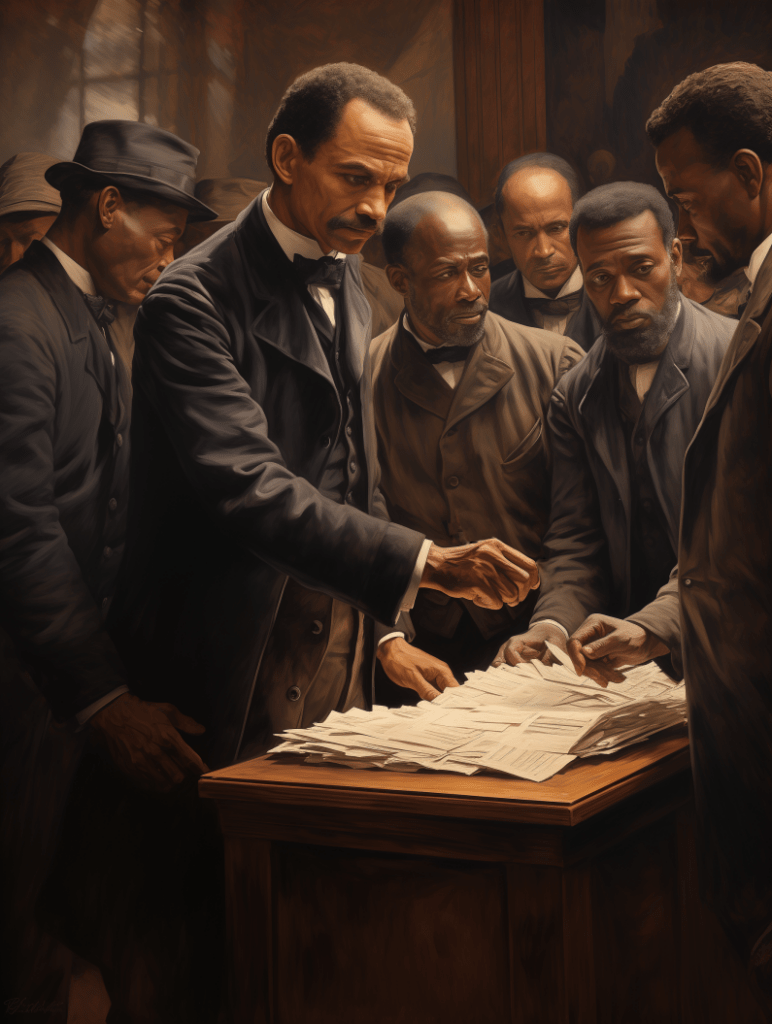On This Day, January 8, 1867, a significant milestone was achieved in the struggle for civil rights in the United States when African American men were granted the right to vote in the District of Columbia. This landmark legislation was passed despite a veto from President Andrew Johnson, who was then residing in the capital.
The legislation to extend voting rights to African American men in the District of Columbia was part of a broader movement during the Reconstruction era, following the end of the Civil War. This period was marked by significant efforts to expand civil rights and integrate formerly enslaved people into American civic life.
President Andrew Johnson, who assumed office after the assassination of Abraham Lincoln, was known for his opposition to many of the Reconstruction policies, including those that aimed to provide rights and protections to African Americans. His veto of the bill was overridden by Congress, reflecting the political tussles of the era and the determination of many lawmakers to push forward with Reconstruction efforts.
The grant of voting rights to African American men in D.C. was a crucial step in the ongoing fight for racial equality in the United States. It preceded the 15th Amendment, ratified in 1870, which prohibited states from denying a citizen the right to vote based on that citizen’s “race, color, or previous condition of servitude.” The 1867 legislation in D.C. not only empowered African Americans in the nation’s capital but also symbolized a broader shift towards greater civil rights and political inclusion during a transformative period in American history.
